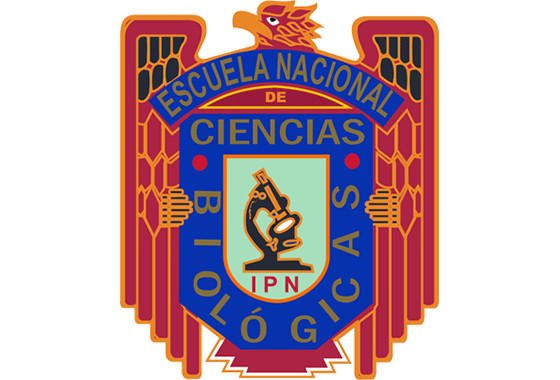Anti-PD1
Antibodies that target checkpoint inhibitors have demonstrated high effectiveness as a therapy for treating cancer, with PD-1 (Programmed cell death protein 1) being one of the most successful targets for developing antibody-based drugs. PD-1 is expressed on the surface of T and B lymphocytes and transmits inhibitory signals upon binding to its ligands, PD-L1 and PD-L2, which are expressed on macrophages and dendritic cells. PD-L1/L2 are also highly expressed in various cancer cells, leading to immune evasion by tumor cells. Therefore, blocking the interaction between PD-1 and PD-L1/L2 with monoclonal antibodies unleashes the immune system to effectively destroy cancer cells.
In this project, we employed a fully synthetic phage display library to generate a panel of anti-PD-1 antibodies with diverse binding and functional profiles. Through three rounds of selection using recombinant PD-1 as the target, a total of 315 clones were tested for their ability to bind PD-1. Among these clones, 143 demonstrated specificity for PD-1, with 60 of them being unique. Further characterization of this panel of PD-1 binders allowed the identification of the best-performing clones, which were then converted to IgG4PE format. One such antibody, named D6, exhibited the ability to block the PD-1:PD-L1/L2 interaction in ELISA and Jurkat cells, while showing no cross-reactivity with molecules related to the CD28 family. Notably, D6 also promoted the expression of Interferon gamma in a mixed lymphocyte reaction co-culture assay, similar to FDA-approved therapeutic antibodies Keytruda and Obdivo.
Based on these findings, D6 appears to be a promising lead candidate for the development of an antibody-based drug targeting checkpoint inhibitors as a therapy for cancer treatment.







